Fundamental Peace Ideas including The Westphalian Peace Treaty (1648) and The League Of Nations (1919) in connection with International Psychology and Revolutions
Fundamental Peace Ideas including The Westphalian Peace Treaty (1648) and The League Of Nations (1919) in connection with International Psychology and Revolutions
An urgent analysis on the How the Westphalian Peace Treaty changed the face of European politics and how this piece of history can be interpreted and used forming The League Of Nations.
Book Excerpt
eady to sacrifice their lives for it. The Lutherans were as intolerant toward the Calvinists as they were toward the Catholics. The Catholic Church, convinced of the absolute truth of its doctrines based upon 13 centuries of growth, naturally could not tolerate some young reformers to arise and challenge its divine right, especially not since these reformers seized old monastic and ecclesiastic foundations with domains and edifices and administered them in their own interest. The resistance of the Catholic hierarchy, to the last drop of blood, was a normal reaction. As so often happens, the conditions were abnormal, not the human beings.
Had the war stopped in 1623 the Catholics would have been left with decided advantages. Their own ambitions, however, prevented it. Gustavus Adolphus appeared, and by his efforts Protestantism is said to have been saved from extinction. During 13 of the 30 years the lands of the Protestants had been devastated; during the next 17 years an equalization of the exhaustion
Editor's choice
(view all)Popular books in History, Politics
Readers reviews
0.0
LoginSign up
Be the first to review this book
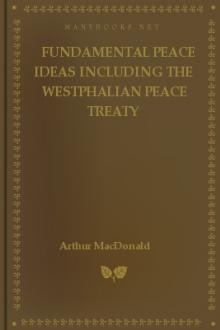
 Free Download
Free Download













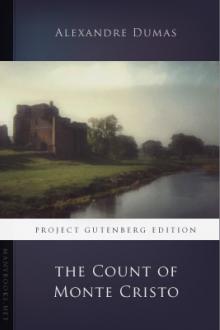

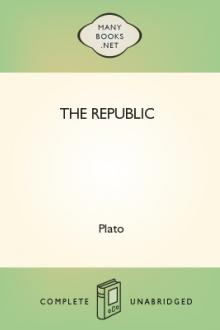
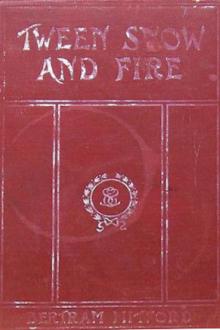

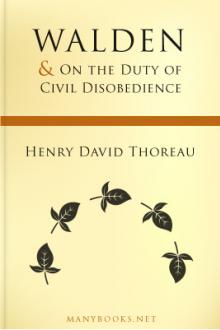
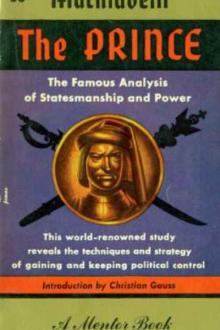

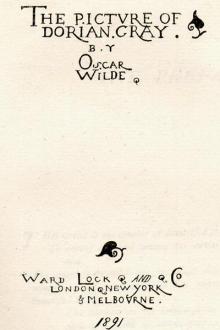

-itok=vcKIB5v1.jpg)